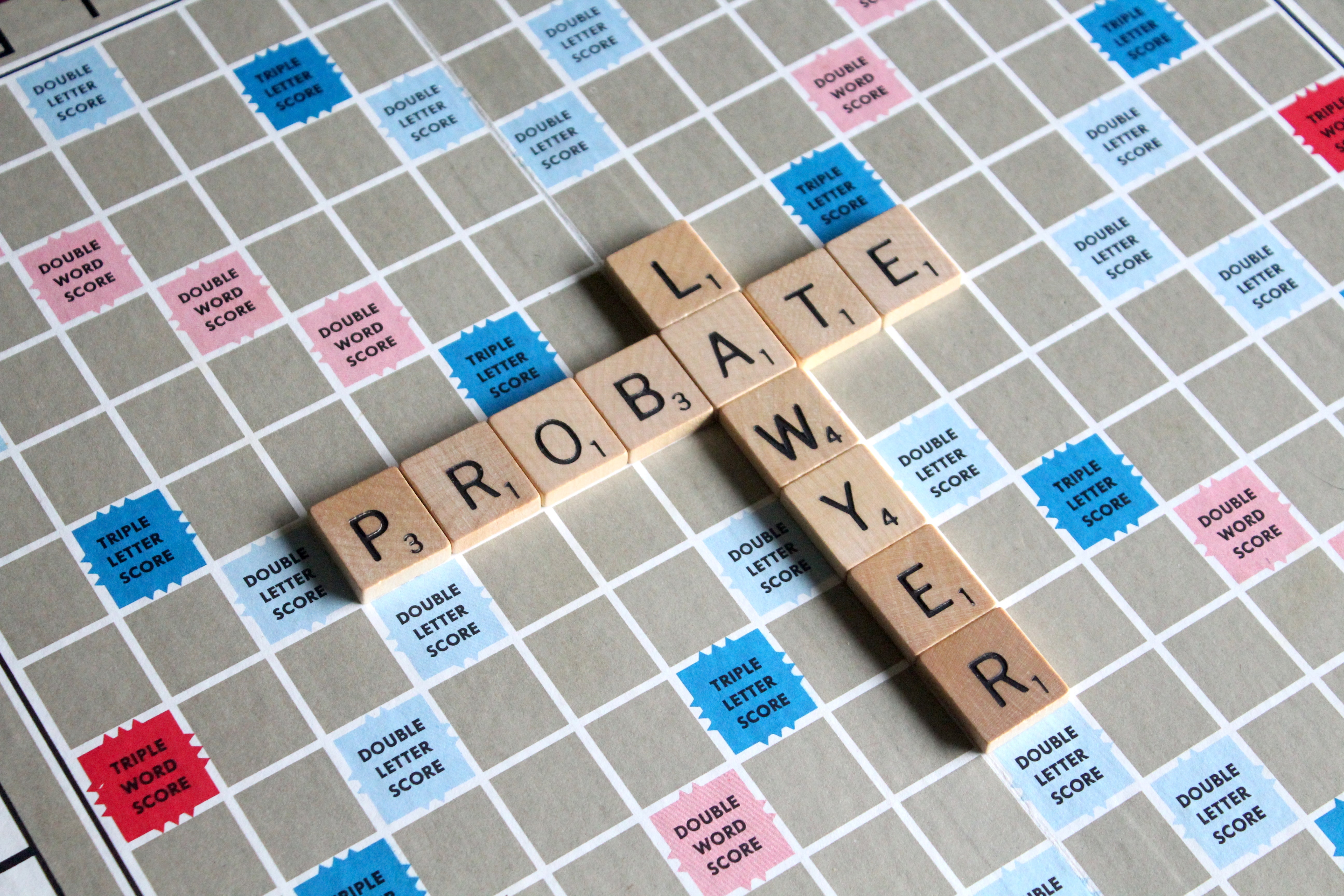A last will and testament can only direct estate owned assets and property.
Hire a Washington estate planning lawyer to make sure all assets are accounted for and the directed distribution of them takes place when an individual is no longer able to manage them, either due to illness or death. Because estate plans are unique to an individual and what they will leave behind upon their death it is important to maintain a voice in the will, or trust that will dictate what happens to property, who will raise minor children, and how an individual will spend their last days, in the event of long-term illnesses where an individual may not be able to speak for themselves, in addition to the security of naming a trusted person to conduct prescribed wishes (executor). Closing out Washington estates can be time-consuming and dragged out, depending upon the nature of the assets left to distribute and instances of beneficiaries contesting a will, requiring the service of an estate planning lawyer.
Will administration
A Seattle estate planning lawyer will do their best to effectively and expediently administer the will to save an executor the frustration of holding up payment on bills and costs related to the decedent. These can include paying off creditors, burial costs, and upkeep on property for example, along with fees for professionals who perform services for the benefit of the estate such as appraisals.
Who needs a will?
A living will should not be confused with a last will and testament, as one provides for action when a person becomes incapacitated and the other is for decisions that are made for an estate and surviving loved ones after death. In Washington, a last will and testament is not legally required, but without a will, state laws (called laws of intestacy) will determine the distribution of an estate’s assets. Because the outcome may not coincide with the decedent’s wishes, it is prudent for individuals to create a last will and testament
Basic requirements for a legal will in Washington include:
- The creator of the will must be at least 18 years of age.
- They must be of sound mind.
- A will must be signed by the testator or by someone else in the testator’s name in their presence, by their direction.
- Two witnesses, who should not be beneficiaries, must subscribe their names to the will or sign an affidavit while in the presence of the testator and at the testator’s direction or request.
- A Washington will must be in writing.
Beneficiaries

- A testator can leave property to anyone.
- In Seattle a will allows a testator to make a charitable gift, create a trust, or name a legal guardian to take care of minor children or those with disabilities, and even create a pet trust so that animals will be cared for after their owner’s death.
Non-probate assets
A last will and testament can only direct estate owned assets and property. Interested parties to a Washington probate action should consult with a tax lawyer about the impacts of non-probate assets that include those assets that have pre-designated beneficiaries, or joint interest with the right of survivorship that pass automatically to the named individual(s) upon a person’s death.
Seek legal counsel
The size of an estate, considerations to exempt probate assets, the named beneficiaries and other entanglements surrounding a Last Will and Testament require the assistance of experienced lawyers who understand the state and federal laws that will impact its administration.
Sources:


Join the conversation!